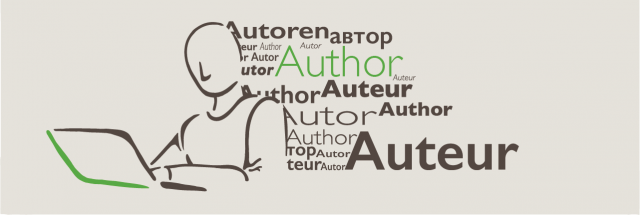 The danger of Julian Assange’s WikiLeaks exposures is that they ‘pull on the string of “what is secret must be true”. This is fantastically pernicious’, warned BBC journalist Kevin Marsh. He was addressing a public audience at Lincoln University on the theme of ‘Leaks and stings: vice or virtue?’ on 28 February. Much of what the WikiLeaks exposures had revealed were opinions rather than facts, Marsh said. ‘We forget the process of journalism in judging what is salient.’
The danger of Julian Assange’s WikiLeaks exposures is that they ‘pull on the string of “what is secret must be true”. This is fantastically pernicious’, warned BBC journalist Kevin Marsh. He was addressing a public audience at Lincoln University on the theme of ‘Leaks and stings: vice or virtue?’ on 28 February. Much of what the WikiLeaks exposures had revealed were opinions rather than facts, Marsh said. ‘We forget the process of journalism in judging what is salient.’
WikiLeaks has put 750,000 documents into the public domain. Marsh pointed out that much more information was already available through Freedom of Information legislation.
Marsh, the executive editor of the BBC College of Journalism and former editor of the BBC’s World at One and Today programmes, and David Hayward, the BBC College’s journalism programme director, were at Lincoln University’s School of Journalism (LSJ) on the invitation of Professor of Journalism and Acting Head Richard Keeble. They were accompanied by Michael Smith, an executive director of the International Communications Forum, which brokered the visit of the two BBC journalists to Lincoln University. This was the third annual visit of the ICF to the LSJ.
‘No journalist should argue against transparency,’ Marsh said. But under the ‘flood of information’, journalists too easily argued that the future lay in raw data rather than processed journalism. ‘If we give up on journalism – if we start to give up on the determination to get to the truth – we are in a pretty bad place. We underestimate the power of journalism to mobilise the public’s capacity for fear. We are in danger of moving into a world without anchors.
‘Feeding all this is the absurd tendency of journalists posing as giggling young mums trying to get something out of MPs,’ he added, in a reference to the Daily Telegraph’s sting against Business Secretary Vince Cable, which led to him making unguarded remarks against the head of News International, Rupert Murdoch.
 David Hayward also argued that ‘data and information still need to be processed’. Journalism had become too focused on using ‘the tools of journalism rather than the skills of journalism’.
David Hayward also argued that ‘data and information still need to be processed’. Journalism had become too focused on using ‘the tools of journalism rather than the skills of journalism’.
Hayward dismissed as froth The News of World’s sting on the Duchess of York, Sarah Ferguson, ‘ a vulnerable woman’, when she offered access to her former husband Prince Andrew in exchange for thousands of pounds in payment.
In a show of hands, the majority of the Lincoln audience were in favour of the WikiLeaks exposures, though some were against the leaks.
Mike Smith spoke about the founder of the ICF, the late Bill Porter, and the ICF’s emphasis on the personal integrity of those who operate within the media. Porter, he said, had described the ICF as a ‘conscience to conscience’ activity. Smith spoke about the new book Media Values, edited by Richard Keeble and published by Troubadour Press in tribute to Bill Porter and the work of the ICF.
Earlier, Marsh and Hayward had led a 90-minute workshop with 12 journalism students. It focused on whether or not subterfuge by reporters was ever justified in gaining information in order to expose corruption, in the public interest. Taken through a case study, the students came to realise that the issues were not as cut and dried as they initially thought, especially when the reputation of journalism was at stake. ‘Responsibility is a word that should be used more in journalism,’ Hayward told them.
Richard Keeble had the two BBC journalists live as guests on ‘Behind the headlines’, his weekly hour-long programme looking at the day’s newspapers on Siren FM, the local community radio station. Marsh and Hayward recorded a second 15-minute interview for later broadcast. A podcast of the evening’s public forum can be seen by clicking here>>

